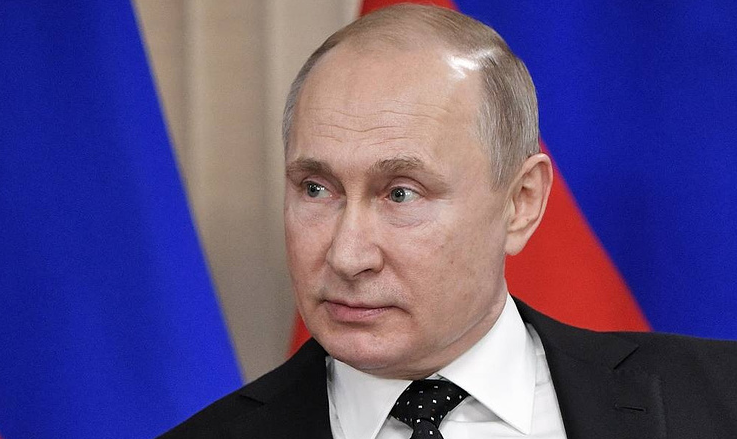‘Sovereign internet bill’ complete independence of internet in Russia
Moscow, May 2: To become completely independent for internet service, Russian President Vladimir Putin signs into law a sovereign internet bill which will allow Russian authorities to isolate the country's internet. The law will be providing a stable operation of the Russian Internet (Runet) in case it is disconnected from the global infrastructure of the World Wide Web. The document was published on Wednesday on the official web portal of legal information.

Russian lawmakers insist the new law is necessary to ensure the security of Russia's online networks but critics say the vaguely worded bill gives new censorship powers to government monitors.
The Russian government will approve the order of this management and will determine kinds of threats and measures to eliminate them. In particular, the cabinet of ministers will determine "cases of managing hardware for threat countering and conveying binding orders."
The measures include creating technology to monitor internet routing and to steer Russian internet traffic away from foreign servers, ostensibly to prevent a foreign country from shutting it down.
According to the law, in case there are threats to the stable, safe and integral operation of the Russian Internet on Russian territory, the Federal Service for Supervision of Communications, Information Technology and Mass Media will be able to carry out "the centralized operation of the general communications network."
The Federal Service for Supervision of Communications, Information Technology and Mass Media will provide this hardware to communications providers free of charge. The federal service will also determine the specifications for installing these systems and the requirements for their use by communication networks.
Deputies first submitted the measures to tighten state control over the internet in December, citing the need to respond to an “aggressive” U.S. national cybersecurity strategy.
The law will seek to create an alternative domain name system (DNS) to protect the Russian-language section of the internet in case it is disconnected from the World Wide Web. So far, no country has ever been deliberately disconnected from the internet.
Although Russia’s state media regulator and major tech firms backed the steps to unplug from foreign servers, experts criticized the bill as being too vague and impossible to implement.